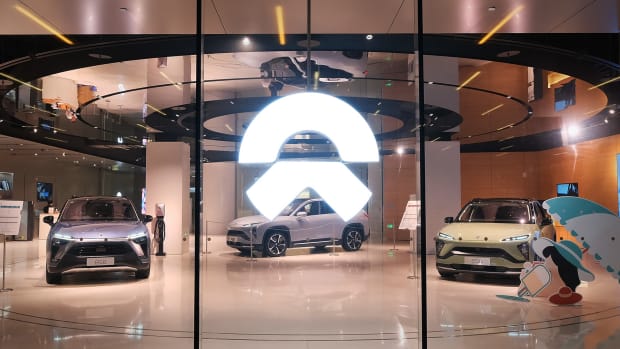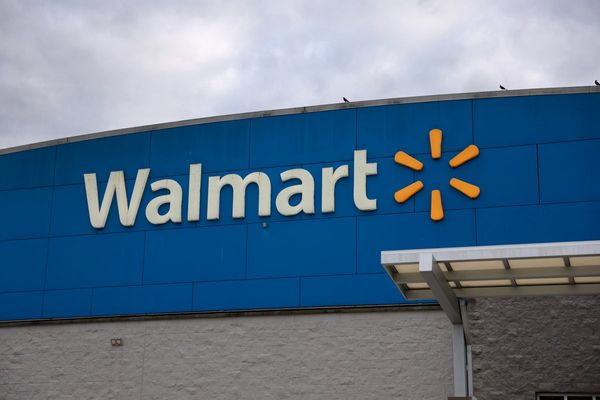Electric vehicle makers have been struggling over the last two years to produce and deliver cars, trucks and SUVs despite obstacles such as supply chain disruptions, semiconductor shortages and factory shutdowns caused by the covid pandemic.
The industry's leading EV manufacturer Tesla (TSLA) on July 2 said that plant closures at its Shanghai gigafactory in April and May and supply chain disruptions led to a smaller number of deliveries than expected in its second quarter ending June 30 with 254,695, which was 26.7% higher than the same period in 2021, but 17.7% lower than its record of 310,048 delivered in the first quarter of 2021. Analysts were originally expecting about 295,000 deliveries.
Tesla's production declined to 258,580 vehicles in the second quarter compared to 305,407 in the first quarter. It had produced 305,840 vehicles in the fourth quarter of 2021.
Tesla's rivals are not even coming close to producing and delivering EVs at the same rate as the Austin, Texas-based market leader. But they keep trying.

Shutterstock
Tesla Rivals Struggle to Produce and Deliver Volume of EVs
Tesla rival Nio (NIO) on July 1 said that it had delivered 12,961 vehicles in June for a 60.3% year-over-year increase and its highest number of monthly deliveries ever. The company also reported 25,059 EVs delivered in the three months ending June 2022, increasing by 14.4% year-over-year. Nio has delivered a cumulative 217,897 EVs as of June 30.
NIO on June 15 rolled out its ES7, a new mid-large five-seat smart electric SUV, which is the first SUV product based on NIO's latest technology platform Technology 2.0. NIO also launched the 2022 ES8, ES6 and EC6 equipped with the upgraded digital cockpit domain controller and sensing suite, enhancing the computing and perception capabilities as well as digital experience of the vehicles. The company expects to start deliveries of the ES7 and the ES8, ES6 and EC6 in August.
Chinese EV maker XPeng (XPEV) on July 1 said it delivered 15,295 vehicles in June, a 133% increase year-over-year; 34,422 in the second quarter ending June 30 for a 98% increase year-over-year and 68,983 in the first six months of the year for a 124% increase year-over year.
The Guangzhou, China-based company said in August it will begin accepting orders for its new G9 SUV with an official launch in September.
Beijing-based Li Auto (LI) on July 1 said it delivered 13,024 EVs in June, a 68.9% increase year-over-year and 28,687 in the second quarter ending June 30 for a 63.2% increase year-over-year. The company on June 21 began taking orders for its Li L9 SUV and recorded 30,000 orders as of June 24, according to a statement. Test drives will begin July 16 with deliveries beginning by the end of August.
GM Follows Behind Tesla and Other Rivals
General Motors (GM) had 7,300 EV sales in the second quarter, according to a July 1 statement. The Detroit automaker's sales included deliveries of the BrightDrop Zevo 600 delivery van, GMC Hummer EV pickup, and the resumption of the Chevrolet Bolt EV and Bolt EUV production.
GM said the Cadillac Lyriq production is accelerating, with initial deliveries in process. Orders for the 2023 model year sold out within hours and preorders for the 2024 model opened on June 22.
The company said it will gradually increase production of the Cadillac Lyriq and GMC Hummer EV Pickup in the second half of 2022.







